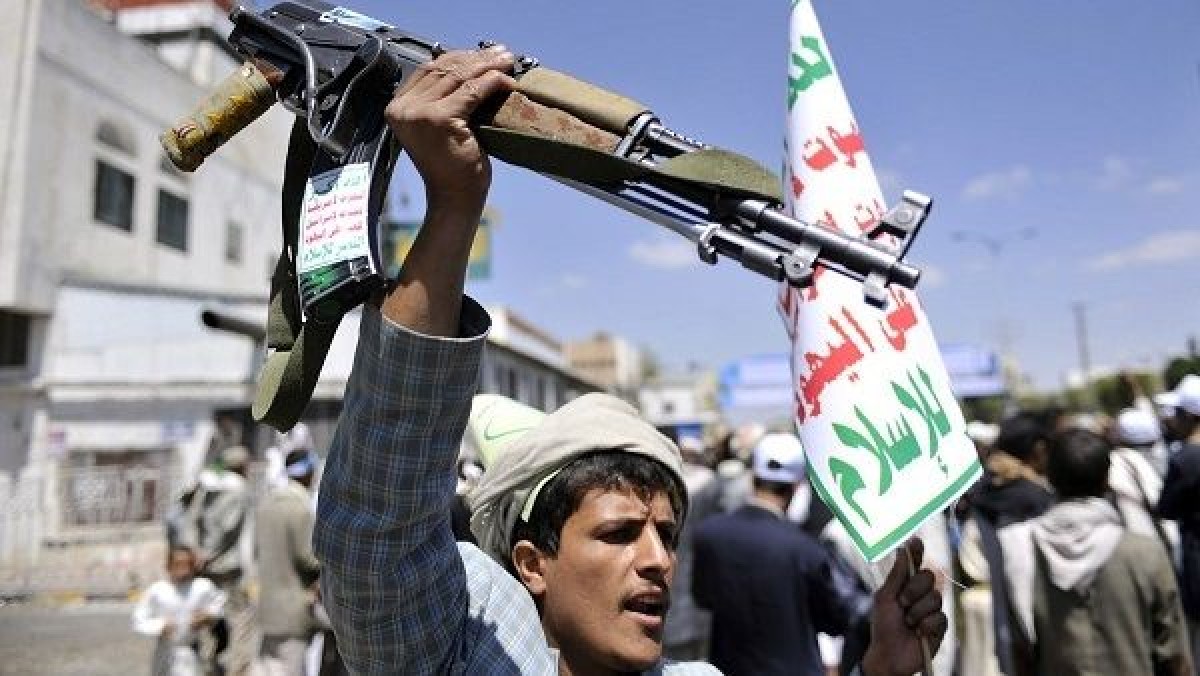An American institute calls for containing the Houthis' military ambitions instead of normalizing relations with them


An American institute revealed the continued development of the Houthi arsenal, which is used in attacks on ships in the Red Sea.
The International Institute for Strategic Studies said that the Houthis have developed their weapons, especially with regard to systems and the scope of geographical targeting.
He stressed that the international community needs to contain the military ambitions of the Houthis instead of normalizing relations with them, or focusing on the humanitarian situation in Yemen.
In addition, Canada has classified the Houthi militia as a terrorist entity destabilizing the Middle East region.
Canadian Public Security Minister Dominique LeBlanc included the Houthis on the blacklist of terrorist organizations. Because of its close association with the Iranian Revolutionary Guard's Quds Force and Hezbollah, both of which are listed on Canada's terrorism list.
Under the classification, Canadian criminal law prohibits the Houthis from accepting Canadian territory and dealing with them, or financing them and providing property to them directly or indirectly.
The statement indicated that the Houthi militia contributed to the unrest in the Middle East, through its attacks on ships in the Red Sea and other waterways.
For its part, the government welcomed Canada's decision to classify the Houthi militia as a terrorist entity under Canadian criminal law to confront the threats of terrorist groups.
In its statement, the Ministry of Foreign Affairs praised this decision, calling on the international community to take similar steps to support the government in confronting the terrorism of the Houthi militia, which threatens international peace and security.